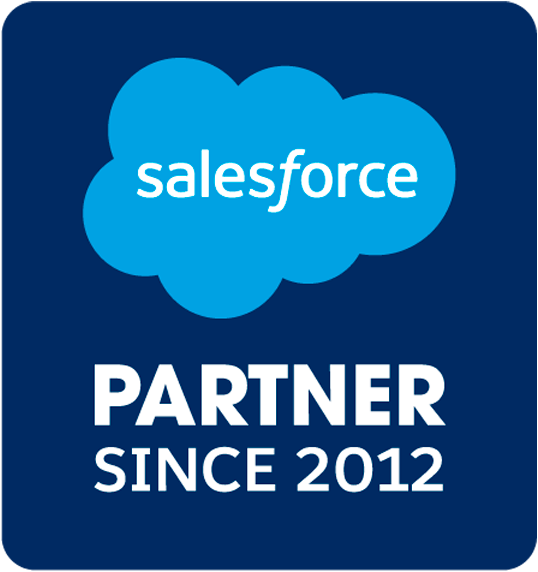- Staying in room 666 at America’s oldest continuously running hotel
- Receiving a free slice of Boston cream pie from the kitchen that invented it
- Wiping away tears in a darkened, cavernous convention hall, then texting my colleagues that a keynote had “changed my life”
Charity: Water and the Power of Storytelling
Here’s a short list of things I didn’t expect to happen to me during my time at INBOUND 2018: Staying
4 min. read
Here’s a short list of things I didn’t expect to happen to me during my time at INBOUND 2018:



